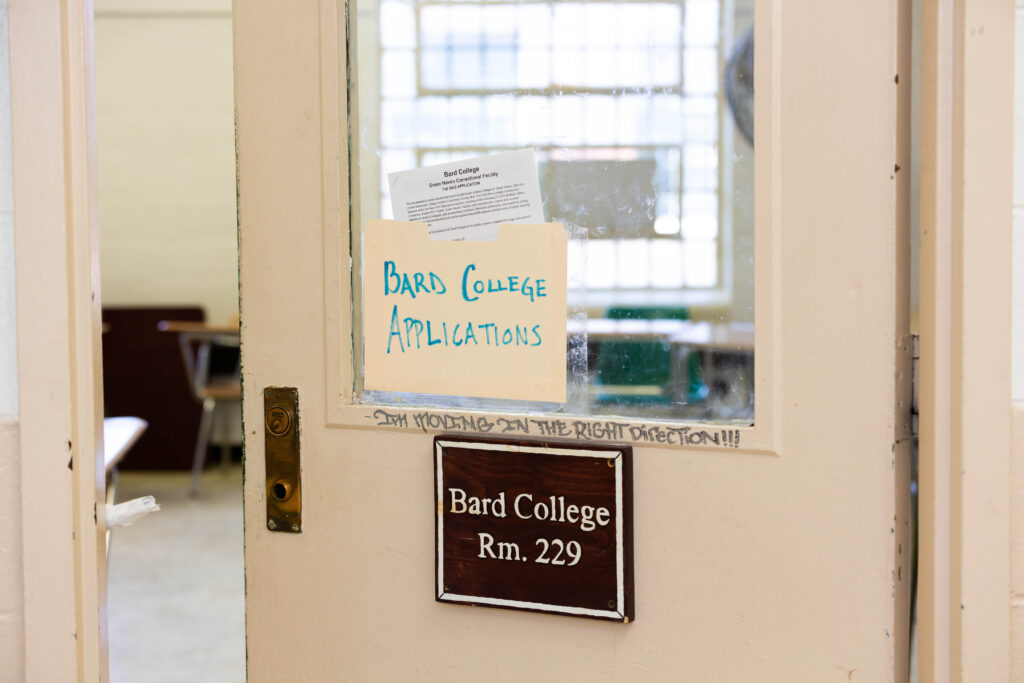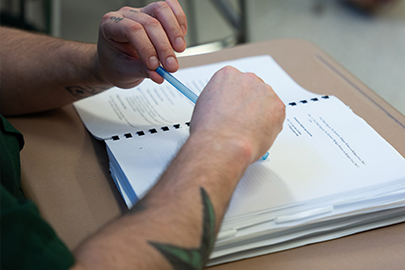Since 2001, about 400 men and women in six New York prisons have obtained liberal-arts degrees from Bard College. Through the Bard Prison Initiative, they have taken the same demanding courses as Bard’s on campus students.
Two new, complementary books celebrate those results. In Liberating Minds: The Case for College in Prison (The New Press, 2017), Ellen Condliffe Lagemann, a distinguished fellow in the initiative, notes that while nationally more than 50 percent of released prisoners end up back in prison within three years, only 2 percent of the graduates of the Bard initiative do. Taking college courses reduces recidivism far more than does completing prison high-school and vocational programs. Also well above average is the 75 percent of the project’s alumni who find gainful employment within a month of release.
Projects like Bard’s not only save prison systems many millions of dollars, Ms. Lagemann writes, they also allow graduates, and their families, to become more financially stable. Children of graduates become more likely to go to college, too, and, like many of Bard’s prison alumni, to complete graduate degrees, including ones at well-regarded institutions.



